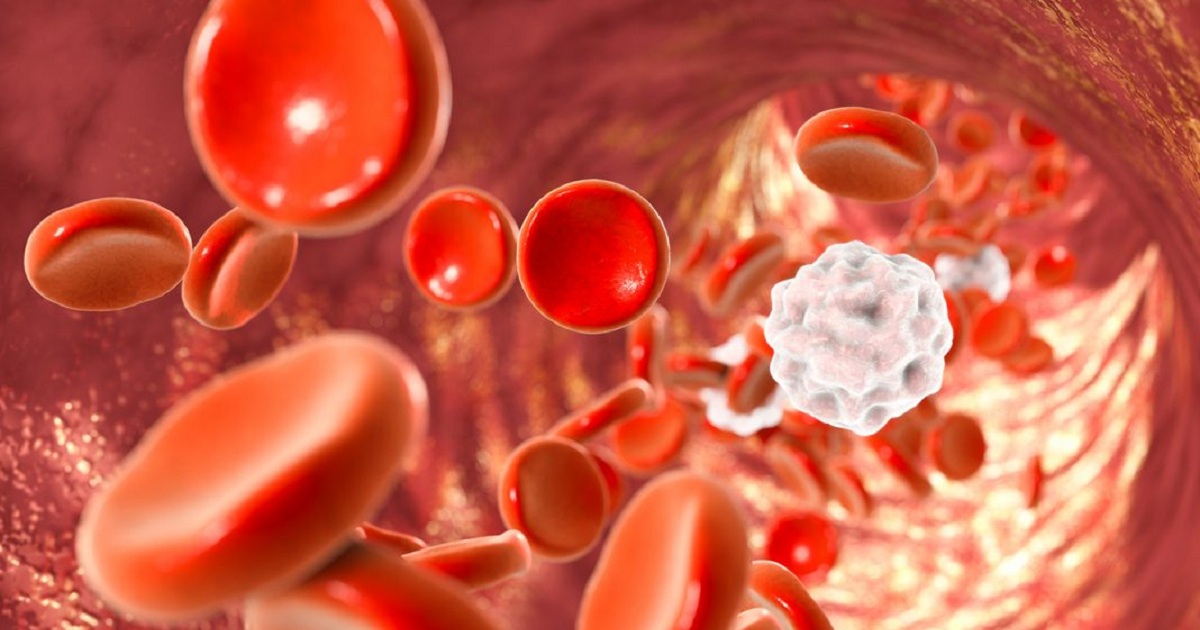CRISPR Editing of Stem Cell Subset Reactivates Fetal Hemoglobin for Treating Genetic Blood Disorders
Genetic Engineering and Biotechnology News | August 01, 2019

Scientists in the United States have used CRISPR-Cas9 technology to edit the genomes of a specific subset of blood forming stem cells as an approach to reversing the clinical symptoms of blood disorders such as sickle cell disease SCD and beta-thalassemia. Beta-hemoglobinopathies are caused by gene mutations that result in abnormal production of hemoglobin. Rather than try to repair the faulty gene for adult hemoglobin, the Fred Hutchinson Cancer Research Center-led team’s research in nonhuman primates used CRISPR-Cas9 editing to take the genetic brakes off the cells’ production of fetal hemoglobin. This form of hemoglobin is produced in the fetus and in newborns, but is normally just about completely turned off shortly after birth, when the body switches over to production of adult hemoglobin. Results from the proof-of-principle study suggest that it may be possible to harness CRISPR-Cas9 technology to introduce relevant gene modifications into only a specific subset of stem cells that then differentiate into fetal hemoglobin-producing blood cells. Modifying this subset of stem cells would effectively reduce the costs of gene-editing treatments for blood disorders, while minimizing the risks of off-target effects. The study represents the first time that scientists have specifically edited the genetic makeup of a specialized subset of adult blood stem cells that are the source of all cells in the blood and immune system.”Targeting this portion of stem cells could potentially help millions of people with blood diseases,” said Hans-Peter Kiem, PhD, director of the stem cell and gene therapy program and a member of the Clinical Research Division at Fred Hutchinson Cancer Research Center. Kiem’s team collaborated with researchers across the U.S., and in Ireland. “Not only were we able to edit the cells efficiently, we also showed that they engraft efficiently at high levels, and this gives us great hope that we can translate this into an effective therapy for people.”